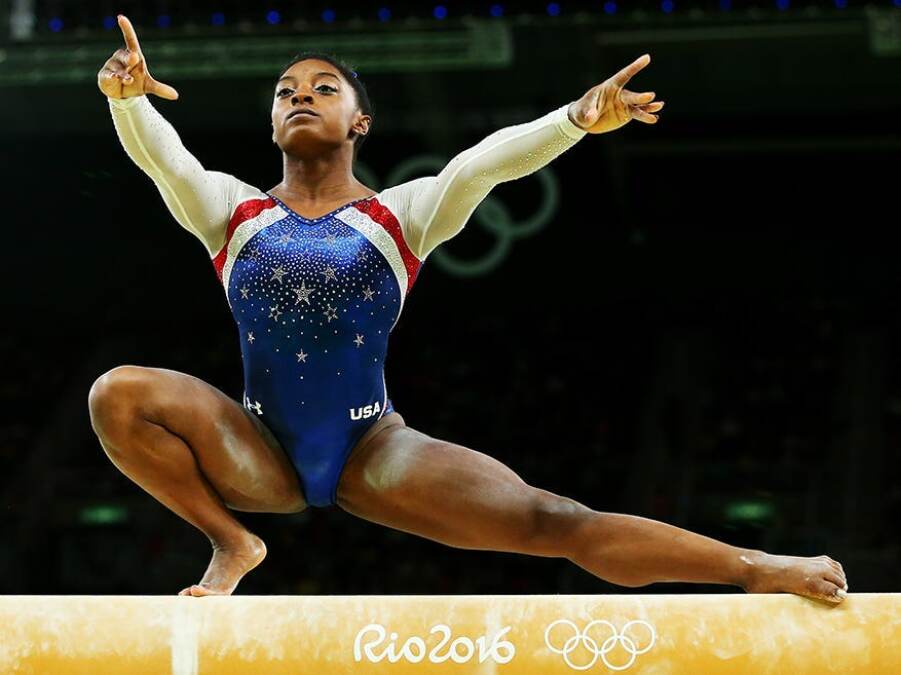Mind over body
The gesture is loud and clear — mental health may no longer be compromised in the name of performance and ‘sportsperson spirit’

The Tokyo Olympics have been special in many ways. Not only is it an event during the pandemic, but it has brought with it its share of surprises and controversies. Recently, Simone Biles pulled out of the women's gymnastics team final at the Tokyo Olympics. Initially the fans and team were shocked. What is interesting is that she didn't cite withdrawal because of a physical ill health, but her mental health. She stated she didn't want to jeopardize her mental health and wellbeing. She put the focus on mental health being important priority needs for athletes.
The new wave of sportspersons are bringing in a new drive to be proactive, and public, about psychological wellness. This is a much needed and welcomed generational shift.
Tennis star Naomi Osaka stepped away from press conferences at Wimbledon and then from tournaments earlier this year out of a need to protect her mental health. She said she experienced anxiety before speaking to the media and revealed she suffered bouts of depression. And later went on to re-quote the famous saying "It's okay not to be okay, and it's okay to talk about it,"
Is it wrong to prioritize your mental health as a sports idol?
Sports performances are as much mentally driven as physically. But despite this fact, there was a major backlash from many towards the two sportspersons for letting their country, fans and even the spirit of sportsmanship down.
In every sport, rigorous training is a ritual. But there is a thin line between training well and overtraining. Burnout, or overtraining syndrome, is when an athlete experiences fatigue and decline in performance in sport despite continuing or increased training. This overtraining can result in mood changes, decreased motivation, frequent injuries and even infections.
Sports psychology is the study of how psychological factors influence sports, athletic performance, exercise, and physical activity. Sports psychologists investigate how participating in sports can improve health and well-being. They also help athletes utilize psychology to improve their sports performance and mental well-being.
It is imperative that as athletes who represent their countries and sports, they balance out their victories with their basic needs of mental and physical health. As a society we are always driven by performance, achievement and medals, but we must applaud the new-age athletes for prioritising their mental health needs. After all there is no health without mental health.
Send your questions to [email protected]



